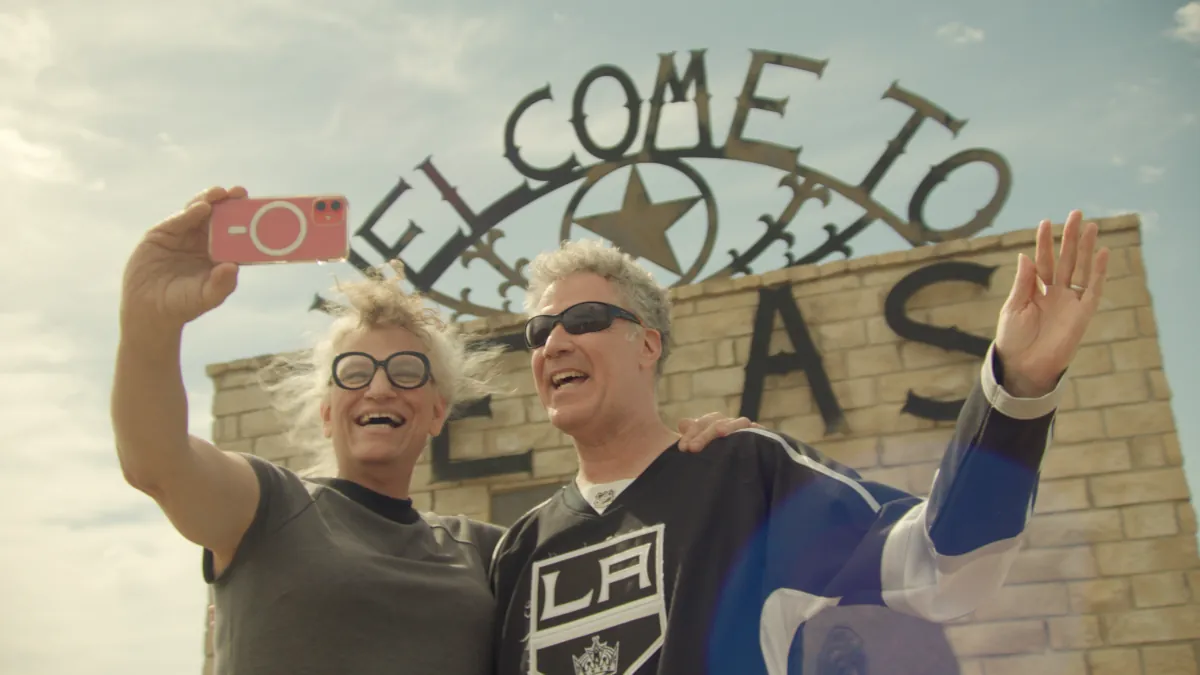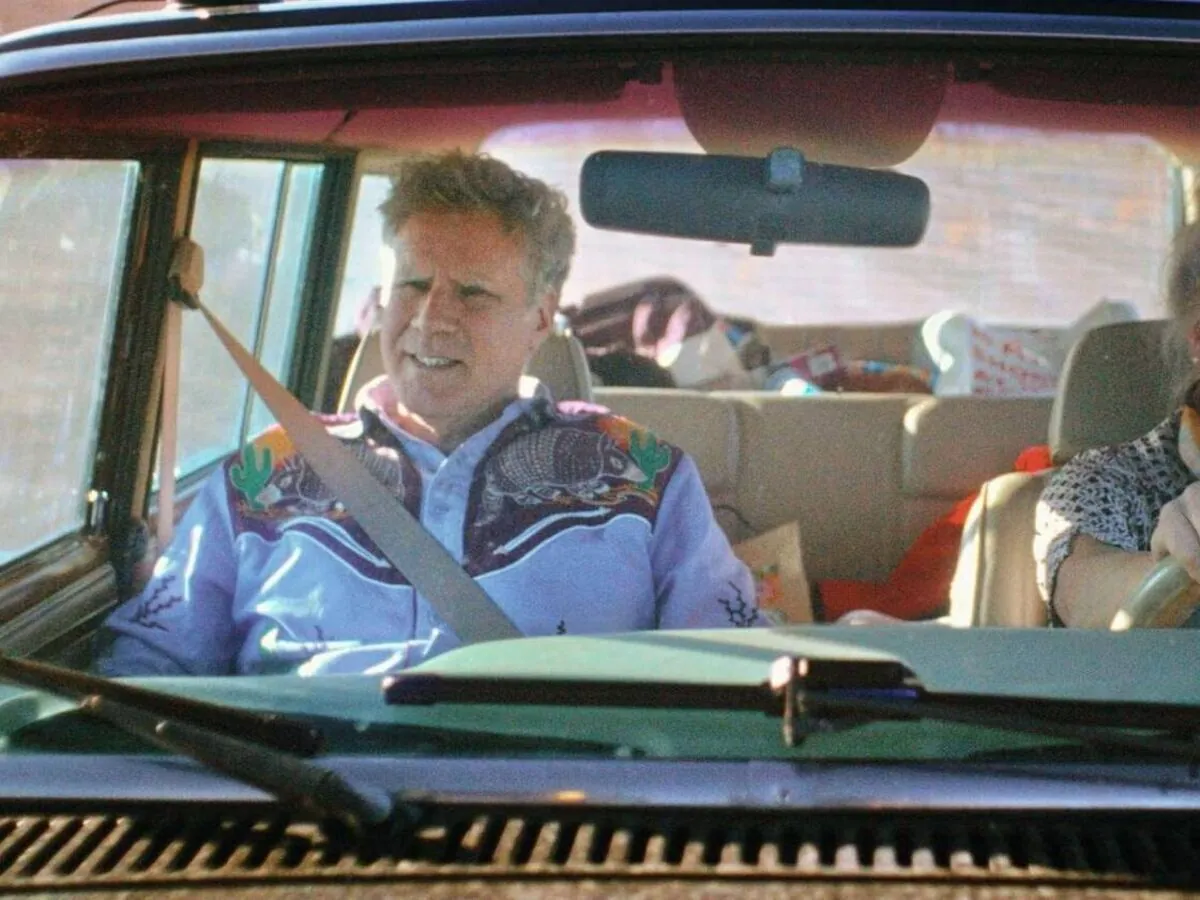Will Ferrell's Cross-Country Journey with Trans Friend Explores Acceptance
Documentary "Will & Harper" follows comedians Will Ferrell and Harper Steele on a 17-day US road trip, exploring friendship and transgender acceptance. The film offers insights into allyship and self-discovery.

The documentary "Will & Harper" chronicles a poignant 17-day journey across the United States, featuring Will Ferrell and his longtime friend Harper Steele. This 3,000-mile odyssey, reminiscent of the first cross-country automobile trip completed in 1903, serves as a platform for exploring friendship, self-acceptance, and the evolving landscape of transgender rights in America.
Harper Steele, 61 at the time of filming in 2023, recently came out as transgender. The duo's friendship, forged nearly three decades ago on the set of "Saturday Night Live", provides a solid foundation for their expedition. This iconic show, which has been launching comedy careers since its 1975 debut, played a crucial role in bringing these two comedic minds together.
Their journey, undertaken in a wood-paneled Jeep reminiscent of the classic Wagoneer produced from 1963 to 1991, takes them from New York to California. Along the way, they encounter a diverse array of Americans, from patrons in dive bars to celebrities like Tina Fey and Seth Meyers.
The documentary doesn't shy away from addressing the challenges faced by the transgender community. In 2023, a record 510 anti-trans state bills were introduced, according to the American Civil Liberties Union (ACLU), an organization that has been defending individual rights since 1920. This backdrop of legislative hostility adds weight to Steele's apprehensions about how she will be received across the country.

Despite these concerns, the film captures numerous positive interactions that challenge preconceptions. From a biker bar in Oklahoma to a rural auto racetrack, Steele often finds unexpected acceptance. These encounters reflect the complex tapestry of American attitudes towards transgender individuals, a concept that has existed throughout history but only gained its current terminology in the 1960s.
The journey includes stops at iconic American landmarks such as the Grand Canyon, which stretches over 277 miles long, and the vast Mojave Desert, covering nearly 48,000 square miles across four states. These natural wonders serve as a backdrop for deep conversations between the friends, touching on themes of self-doubt, fear, and hope for the future.
Ferrell's role as an ally, a term that gained prominence in LGBTQ+ contexts in the 1970s, is central to the documentary. His support and genuine curiosity about Steele's experiences demonstrate the importance of allyship in fostering understanding and acceptance.
The film doesn't gloss over uncomfortable moments. A visit to a Texas steakhouse results in frosty stares and online transphobic comments, serving as a stark reminder of the challenges that persist. Similarly, an encounter with Indiana Governor Eric Holcomb at a Pacers game (a team founded in 1967) becomes uncomfortable when the friends later learn of his support for anti-trans legislation.
"I'm not really afraid of these people. I'm afraid of hating myself."
This candid statement encapsulates the internal struggle many transgender individuals face, highlighting the importance of self-acceptance in the face of societal challenges.
The documentary, while addressing serious issues, maintains a lighthearted tone through the friends' natural chemistry. Whether they're debating the merits of cheap beer or cannonballing into a motel pool, their genuine affection for each other shines through.
"Will & Harper" offers a nuanced look at the transgender experience in America, framed by a heartwarming friendship. It serves as both an educational tool for allies and a testament to the power of acceptance and understanding. As the friends conclude their journey, viewers are left with a roadmap to empathy, as relevant and necessary today as it was when the film was made.


































